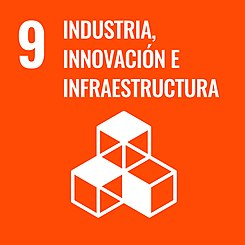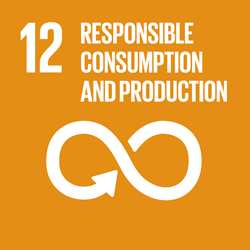Technological watch
Natural Polymeric Materials: A Solution to Plastic Pollution from the Agro-Food Sector
Conventional petroleum-derived plastics represent a serious problem for global pollution because, when discarded in the environment, are believed to remain for hundreds of years. In order to reduce dependence on fossil resources, bioplastic materials are being proposed as safer alternatives. Bioplastics are bio-based and/or biodegradable materials, typically derived from renewable sources. Food waste as feedstock represents one of the recent applications in the research field of bioplastics production. To date, several food wastes have been used as raw materials for the production of bioplastics, including mostly fruit and vegetable wastes. The conversion of fruit and vegetable wastes into biomaterials could occur through simple or more complex processes. In some cases, biopolymers extracted from raw biomass are directly manufactured; on the other hand, the extracted biopolymers could be reinforced or used as reinforcing agents and/or natural fillers in order to obtain biocomposites. The present review covers available results on the application of methods used in the last 10 years for the design of biomaterials obtained from formulations made up with both fruits and vegetables by-products. Particular attention will be addressed to the waste pre-treatment, to the bioplastic formulation and to its processing, as well as to the mechanical and physical properties of the obtained materials.
Publication date: 04/01/2021
Author: Maria Assunta Acquavia
Reference: doi: 10.3390/polym13010158







